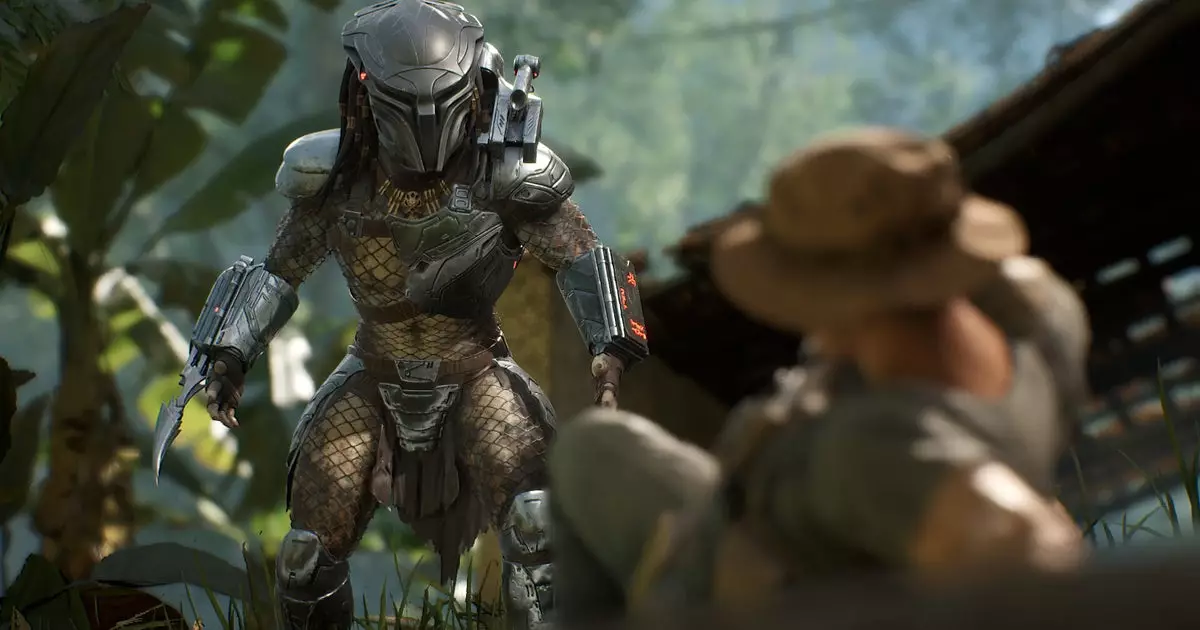The gaming industry is notorious for its rapid changes, unpredictability, and the emotional rollercoaster it can create for employees. A recent event involving Illfonic, the studio behind Friday the 13th: The Game and Predator: Hunting Grounds, underscores the current precarious state of this creative field. Announcing significant layoffs as part of a re-alignment to a “refined strategy,” Illfonic’s latest moves reveal deeper industry trends that merit examination.
Layoffs in the tech and gaming industries have surged recently, with substantial upheavals observed across major companies. Illfonic’s decision to downsize sparked conversations about market saturation and the effects of diminishing game licenses. CEO Charles Brunghardt’s announcement on LinkedIn—though lacking in specific details surrounding the number of layoffs or targeted teams—sheds light on the inherent volatility of game studios in adapting to a challenging industry landscape. With the gaming world evolving and the demand for innovative content ever-increasing, studios must grapple with changing consumer preferences and licensing issues that can lead to drastic restructuring.
One crucial aspect affecting Illfonic’s recent transition might relate to the expiration of their rights to the Friday the 13th license, which forced the studio and publisher Gun Media to remove the successful title from sales in December. The loss of a core title is not just detrimental to revenue; it can significantly affect company morale and the ability to attract and maintain talent. As noted by Eurogamer’s Matt Wales, the expiration of such licenses can lead to a domino effect of financial strain, particularly for studios like Illfonic, which operate in niche markets where demands fluctuate.
Illfonic’s inability to replicate the success of its previous installments, as highlighted by the lukewarm reception of games like Ghostbusters: Spirits Unleashed and Killer Klowns from Outer Space: The Game, points to another layer of complexity within the industry. Despite efforts to innovate by broadening the appeal of these asymmetrical horror titles to a wider array of gamers, the lack of engagement suggested by Steam activity metrics paints a worrying picture for the company’s future.
When game developers strive to attract a diverse user base, they often face risks. Creative decisions may inadvertently alienate core fanbases or, conversely, result in underwhelming attractions for newcomers. Illfonic’s CCO, Jared Gerritzen, expressed aspirations of capturing a broader audience but ultimately found themselves navigating the treacherous waters of a fickle gaming market, wherein titles based on cult classics may not yield sustainable interest.
According to unofficial trackers, over 14,000 gaming industry professionals have lost jobs in 2024 alone—an alarming statistic that illustrates the intense pressure on businesses to remain profitable. This figure represents a stark increase from the previous year, prompting questions about the sustainability of established studios. Ubisoft’s recent decision to lay off approximately 277 staff members amidst the sunsetting of XDefiant further emphasizes the fragility of modern-day game studios, creating an environment where employees continually live under the specter of layoffs.
Using euphemisms like “refining” rather than directly addressing workforce reductions feels particularly disingenuous. Such rhetoric ultimately undermines the gravity of the situation and can poorly reflect the corporate culture within a company—one that may prioritize profits over the well-being of its employees.
As the gaming landscape continues to evolve, organizations like Illfonic must confront these substantial challenges with ingenuity and resilience. Finding viable pathways for growth will require a keen understanding of market dynamics and a willingness to adapt business models. For employees who remain or are on the job hunt, the prevailing sentiment is one of uncertainty and urgency. It is a crucial moment for the gaming community to support one another and champion sustainable practices to safeguard careers in the face of relentless industry pressure.
The plight of Illfonic serves as a microcosm of broader trends within the gaming industry, reflecting both the precarious nature of game development and the enduring quest for innovation amid adversity. Moving forward, it is vital that studios focus not only on profitability but on fostering a creative environment that values talent, developing new IPs, and nurturing their existing franchises in meaningful ways. The future of gaming depends on it.


Leave a Reply